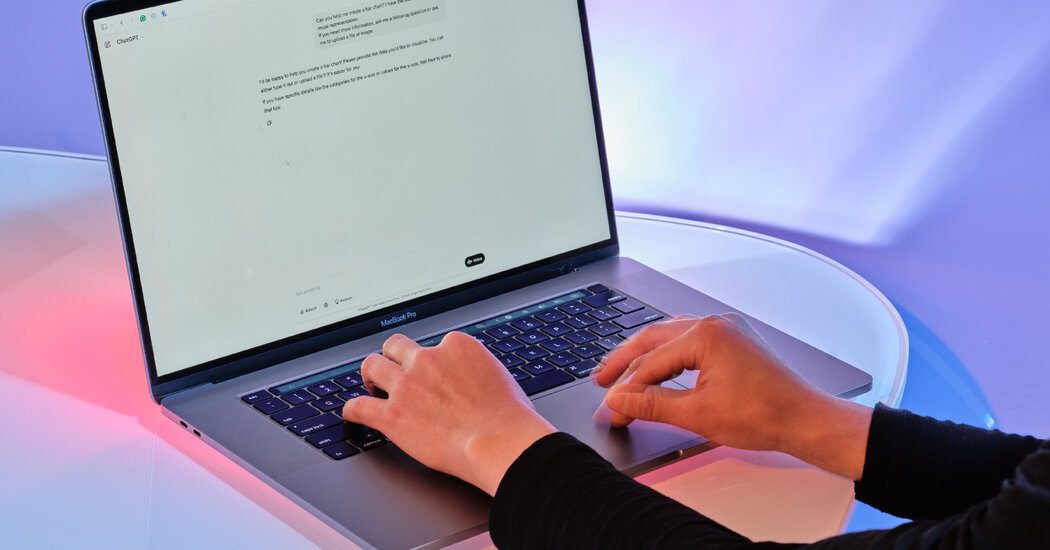Expressing Gratitude to ChatGPT Comes at a Cost, But It Might Be Worth It.

The Importance of Politeness in Interacting with AI
Is Being Polite to AI Necessary?
The discussion around whether people should be polite while communicating with artificial intelligence (AI) might feel irrelevant since it is, after all, a machine. However, recent comments from Sam Altman, CEO of OpenAI, highlight that the way we treat chatbots has implications that go beyond mere politeness.
Understanding the Costs of Communication
When a user engages with a chatbot, each command or request incurs costs related to energy and resources. In a recent conversation on social media, an inquiry was made about the financial implications of adding polite words like "please" and "thank you" to prompts for AI models. Altman humorously responded that spending tens of millions on such niceties is "well spent," emphasizing the unpredictable benefits of polite interactions.
What Happens When You Type More Words?
Every additional word in a request increases the energy expenditure for the servers that process these requests. Professor Neil Johnson from George Washington University, who studies artificial intelligence, explained this concept by comparing extra words to packaging in retail items. Just as extra packaging requires more effort to unwrap before accessing the product, additional words in a prompt require more processing.
Energy Consumption in AI Processes
Dr. Johnson elaborated that every task performed by ChatGPT involves the movement of electrons, which consumes energy. The question arises: who bears the cost of this energy? The more elaborate the language used, the higher the energy costs associated with processing the request.
Benefits of Being Polite
While there are clear costs associated with verbose requests, there are also potential benefits to incorporating politeness into our interactions with AI.
Enhancing User Experience
Around the world, many experts argue that using polite language can lead to a more positive experience for users. Highlighting politeness can make interactions feel more human-like, which some users prefer. This can lead to a more satisfying experience when using AI tools.
Psychological Benefits
Psychologically, using polite language may improve the user’s emotional state. This can be particularly true if the interaction involves stressful tasks or complex problem-solving. Users might find that being courteous allows them to approach tasks with a more upbeat mindset.
The Balance Between Practicality and Politeness
As we navigate the evolving landscape of AI interactions, it’s essential to weigh the practicality of concise communication against the benefits of kindness. While it is more efficient to say "Generate a report" instead of "Could you please generate a report for me, thank you," using polite language could produce a more enjoyable interaction.
Summary of Key Points
- Cost of Extra Words: Every additional word increases the energy cost for processing requests.
- User Experience: Politeness can enhance user satisfaction and create a more human-like interaction.
- Psychological Effects: Courtesy in communication can improve emotional well-being during interactions.
Being mindful of our language when speaking to AI may lead to both enjoyable and efficient communications, reflecting an evolving relationship between humans and technology.






